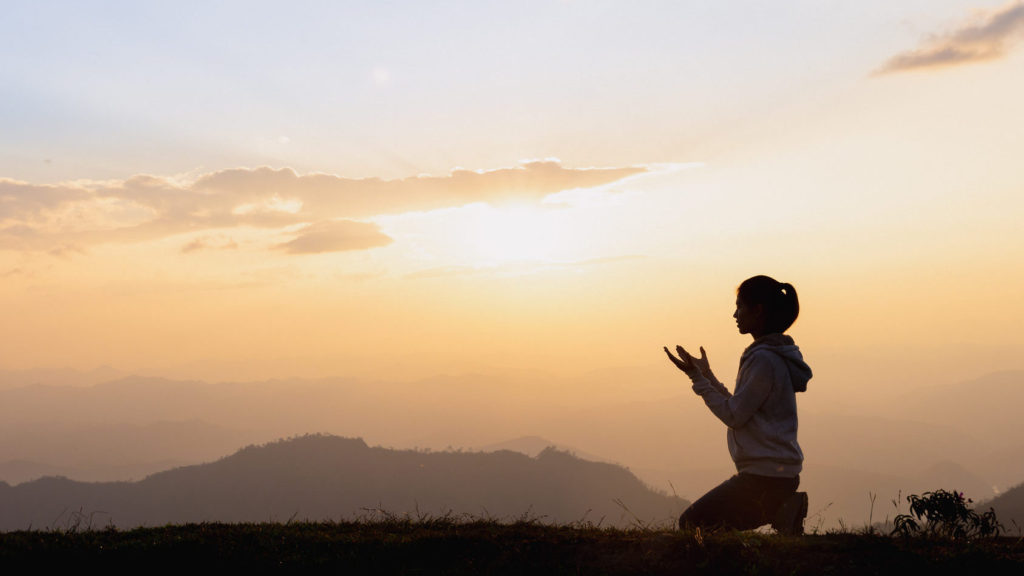
To love someone is to see the face of God
Victor Hugo
Some truths are so close at hand that we don’t even notice them, so obvious that they are invisible. Some truths are so universally present that they seem to be nowhere at all. Such is the meaning of life:
We are born, we love, and we die.
That’s it. There is literally nothing else but love. The world is merely love’s outer appearance, its playground, the space for its realisation.
There is nothing else that is happening from the moment we open our eyes at birth, to the moment we close our eyes at death.
All of life flows from love because love is its inner energy, its inner force, the soul itself. If the soul is who we are, the essence of what we are made of, then surely the soul is love. A body without a soul is not alive. A body without love cannot live.
Everything we do is derived from love, built upon love, stimulated or inspired by love, energised or motivated by love.
Continue reading




